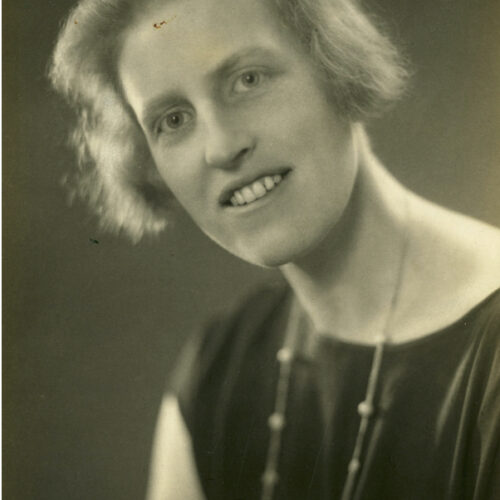

The attempt to create communities where men and women alike share the full stature of humanity is an attempt to do something which has not been done before, and which can only be achieved under certain conditions. And one of these is the acceptance of reason as a guide in human conduct. If we choose an anti-rational philosophy, in this quest, at least, we are defeated. The enemies of reason are inevitably the opponents of ‘equal rights’.
Winifred Holtby, Women and a Changing Civilisation (1934)
Winifred Holtby was a humanist, feminist, and pacifist. One of the most successful and prolific journalists in Britain between the wars, she was both an influential member of the women’s movement and an early supporter of minority rights in South Africa. Her novel South Riding has presented her humanist values and outlook to a huge readership ever since its publication in 1936.
Winifred Holtby was born into a prosperous farming family in the East Riding of Yorkshire. Educated at home and at St Margaret’s School, Scarborough, Holtby joined the Women’s Army Auxiliary Corps in 1918 and served in France before resuming her education at Somerville College, Oxford. On graduation Holtby turned down the offer of an Oxford Fellowship, moved to London with her close friend Vera Brittain, and set about earning her living as a journalist and author.
Holtby’s first novel Anderby Wold (1923) was a modest success and it was followed by other novels exploring the variety of ways in which women live their lives. But much of her energy went into journalism, notably articles and reviews for both the Manchester Guardian and for the feminist journal Time and Tide of which she became a director. She also published the first critical study in English of the work of Virginia Woolf, and Women and a Changing Civilisation, an examination of the relationship between feminism and Enlightenment rationality.
Holtby, however, was torn between her desire to become a successful writer and her social conscience. She became an active member of both the Six Point Group and the Open Door Council, organisations campaigning for the rights of women in the workplace and the home. Holtby’s pacifism led her to join the League of Nations Union and she became a regular public speaker on its behalf. She also became an active anti-fascist, observing fascist rallies on behalf of the National Council for Civil Liberties (now Liberty) and, on at least one occasion, courageously handing out anti-fascist pamphlets at a fascist meeting.
What we want now is the transition to a still wider sphere of international cooperation, where empires don’t matter, and patriotism becomes parochial, and the service of mankind at large is the only consideration.
Winifred Holtby, Letter to Jean McWilliam (29 January 1922)
In 1926 Holtby went to South Africa to lecture on behalf of the League of Nations Union and was appalled by the racism she encountered there. Returning to Britain, she worked to raise awareness of the oppression of the Black population, both through her journalism and by lobbying politicians. At the same time, she raised enough money to send a British trade unionist to South Africa as technical advisor to the emerging Black trade union movement, a mission which she continued to support financially for the rest of her life.
In 1931 Holtby learnt that she had Bright’s disease. She endured this illness with great courage and, when she became aware that she was dying, devoted herself to finishing South Riding, her finest novel. Set in Yorkshire with a strong progressive feminist as its central character, South Riding addresses a wide range of political and social questions including unemployment, rural poverty, local government reform, mental health, birth control, and the position of single women in society. Engagement with these issues enabled Holtby to present her own values to her readers: her humanism, her feminism, her belief in democracy and the value of education, and her respect for the contributions which individuals make to society, both separately and together. Holtby died on 29 September 1935. Published posthumously in 1936, South Riding sold over 60,000 copies in its first year and has never since been out of print.
Winifred Holtby was one of many influential humanist feminists who helped sustain the women’s movement between the two world wars. Her kindness and selfless concern for the welfare of others led her to give generous support both to progressive causes and to private individuals who needed her help. Sadly, Holtby was excessively diffident. She could see no real value in her own work and she would have been astonished by the extraordinary success of South Riding, a novel which has presented her humanist values to generations of readers.
Vera Brittain, Testament of Friendship: The Story of Winifred Holtby (1940)
Marion Shaw, The Clear Stream: A Life of Winifred Holtby (1999)
By Paul Ewans
Main image: Winifred Holtby, 1930s. Hull Local Studies Library, Hull History Centre, Winifred Holtby Collection
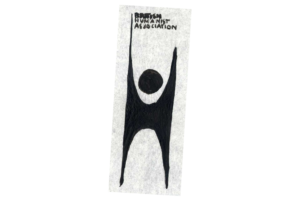
Humanists UK began as the Union of Ethical Societies in 1896, becoming the Ethical Union in 1920, the British Humanist […]
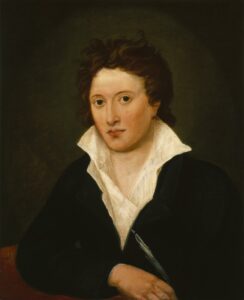
Percy Bysshe Shelley was a major poet of the Romantic period, and remains one of England’s best loved and most […]
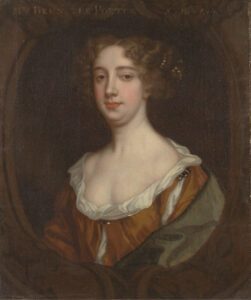
…that perfect Tranquility of Life, which is no where to be found, but in retreat, a faithful Friend and a […]
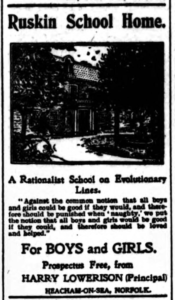
The Ruskin School Home was founded by socialist writer and teacher [Harry] Bellerby Lowerison (1863–1935) in Norfolk in 1900, following […]